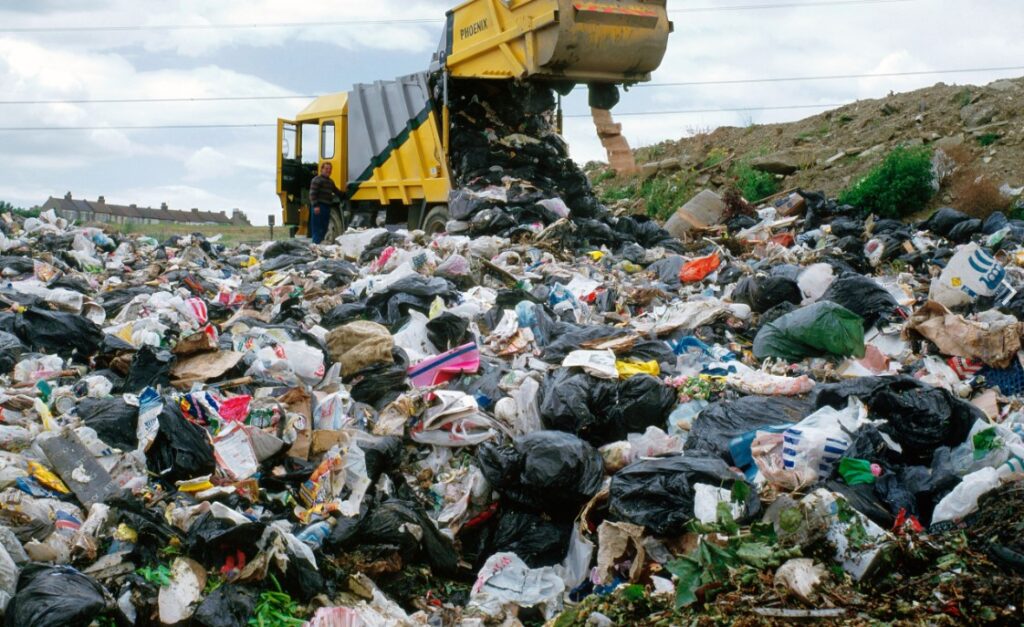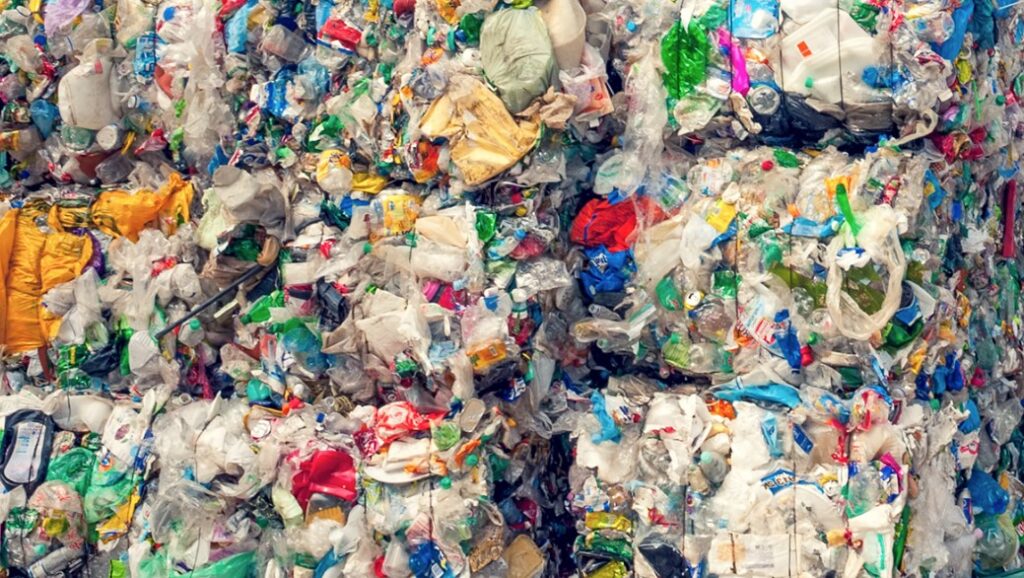Hazardous waste is collected, transported, and disposed according to the rules set by the Ordinance on Waste Recovery and Disposal Records. Hazardous waste should be brought to a household hazardous waste collection or facility for disposal. Land – clearing debris, for example, is considered bulky waste and should be transported to the appropriate facility.
CFLs are accepted at household hazardous waste collections
Household hazardous waste consists of items that can cause a fire or a hazard. These materials can be flammable, toxic, or corrosive. Some household items have these properties but are still usable. They may not be appropriate for a household hazardous waste collection event. For more information on household hazardous waste collections, contact your local municipality.
Residents of Berlin, IL can safely dispose of a variety of household hazardous waste materials by dropping them off at the local household hazardous waste collections. Household hazardous waste collection events take place at designated locations throughout the city. Residents should check with city or county offices to determine which items are acceptable. These collections are held year-round.
Land-clearing debris is considered bulky waste
Bulky waste is waste that is too large to be placed in a regular rubbish bin. This includes furniture, carpets and floor coverings. Electrical appliances and scrap metal also fall into this category. However, these materials must be disposed of in a safe way.
Land-clearing debris is also considered bulky waste in Berlin. It poses a danger to health and safety. Nevertheless, some municipalities have special programs to collect and recycle certain materials. For example, the County Solid Waste Department has a recycling center in Berlin Township. Other municipalities also have drop-off sites for recycling. In addition, the Wayne Highlands School District has a county- owned food composter.

Hazardous waste should be brought to a household hazardous waste collection or facility
When disposing of hazardous waste in your household, you should always make sure that you handle the items carefully. Keep them away from heat sources, out of the reach of children, and keep them in their original containers. You should also bring them to a household hazardous waste collection or facility.
Many common household items are considered hazardous by the EPA. These include paints, batteries, fluorescent lights, and other household products. These should be disposed of properly to avoid causing problems to local water supplies and the
environment. Many communities offer special collection days for hazardous waste.
Bio stuff is destined for the compost heap in a good gardener’s back yard
Berlin has an impressive recycling infrastructure and is committed to using sustainable resources whenever possible. Its recycling centers are equipped with color-coded bins for recyclable household materials, including paper, cardboard, plastic, cans, and even wood. The centers empty these boxes on a weekly basis. To make recycling easier, residents can use biodegradable bags, which are compostable according to DIN Certco standards and contain 50% renewable materials.
The Berlin government is working to make recycling easier for residents. Residents can use the RKW to recycle unwanted items like cardboard packaging and unused napkins. But before disposing of such items, Berlin residents should make sure they separate recyclable materials. This is not as easy as it seems; in fact, nuBerliners may have trouble sorting all of the materials before putting them in the bins.
Hazardous waste is burned with the rest of the “gray” waste
What happens to hazardous waste? This waste is typically disposed of with other “gray” waste. When these materials are burnt together, the result is extremely toxic gasses. This makes it particularly important to dispose of hazardous waste properly. If you’ve got hazardous waste at home, you should find a place that will take it for you.
The United Nations Statistics Division collects data about hazardous waste from national statistical offices and environmental ministries around the world. It finds that 5% to 7% of municipal solid waste is considered hazardous, and that the majority of these hazardous wastes are burned with the rest of the “gray,” or paper, waste, in landfills. In Germany, hazardous waste accounts for over three million tons of waste.
For more information: https://turbo-entsorgung.de/



